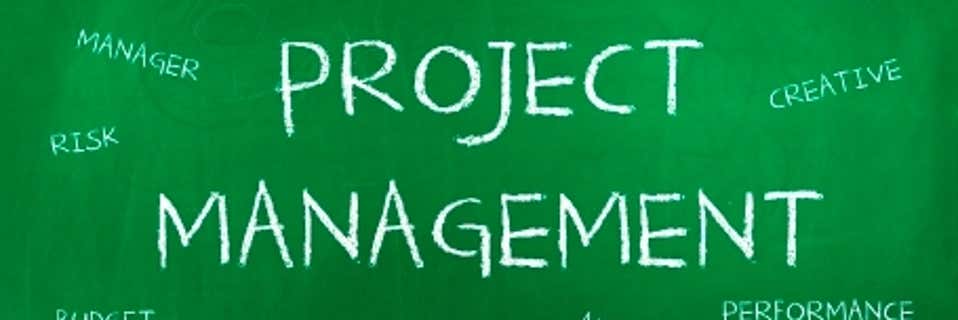What are the Traits of the Perfect Project Manager?

- Blog
- Project management
- Stakeholder management
October 29, 2014 |
3 min read
- Blog
- Project management
- Stakeholder management
The traits of the perfect project manager (PM) from my experience should include the following. The list is not exhaustive so I welcome any additions or challenges to those listed below.
As a project manager you need to have the goal of striving for perfection. This will keep your passion to achieve excellence and help harness your energy to perform to the best of your ability.
Being a great communicator, the ideal PM must communicate in three dimensions: with the business, the team and all the other stakeholders; they must be the two-way conduit so their communication skills must be excellent.
Being a great team builder, the PM needs to unite the project team through motivation so there is an impact on performance and project outcome. The PM and the team have to work hard but they must work together effectively so don't forget to enjoy it; play hard too and promote the team's welfare. Use the word "We" instead of "I". We solved the problem and we provided the solution. Good PMs know it is all about the people and let the team get on with the job, self-manage and take ownership of their responsibilities and contribute to achieving the end result.
What else defines the perfect project manager?
- Superb influencing skills and being able to practice what you preach can have a great impact on team performance.
- Having the courage to admit your mistakes and act on the lessons learned.
- Focusing on achieving results requires you to mobilize the team and mitigate potential conflicts.
- Having a sense of humour is not easy when things are going wrong but it does help the situation. Also it is good to count 1 to 10 to keep control when the pressure is on.
- Maintain your professional integrity in the face of adversity. Be emotionally resilient for the team and the stakeholders and acquire a "thick skin". Never go missing when the chips are down.
- Having "top drawer" facilitation and interpersonal skills.
- Being politically and culturally aware within your organization to protect your project.
- Being on a professional journey to absorb and apply best practice methodologies e.g., PRINCE2®.
Through your skills, the project experience you create and the good feedback you receive from others, people will want to be on your projects.